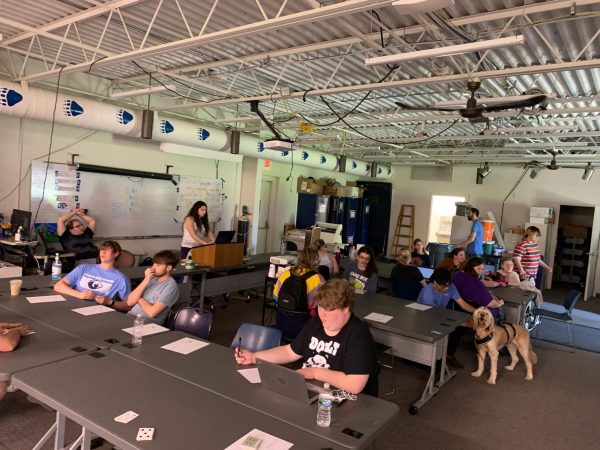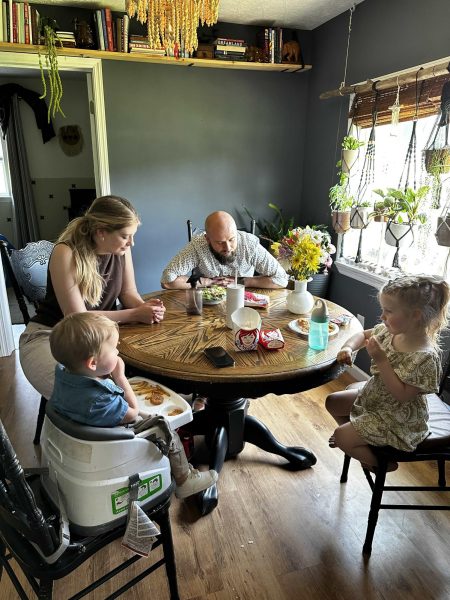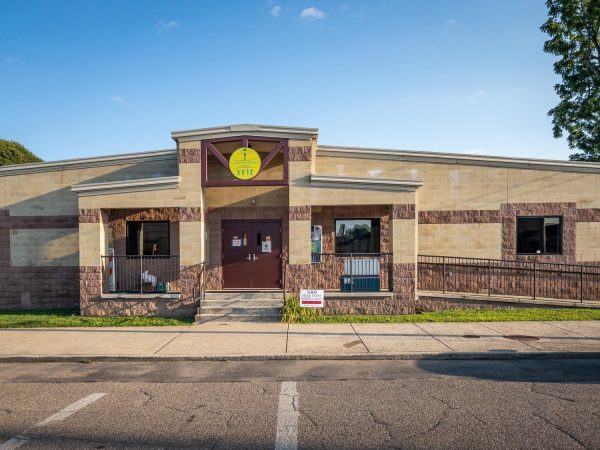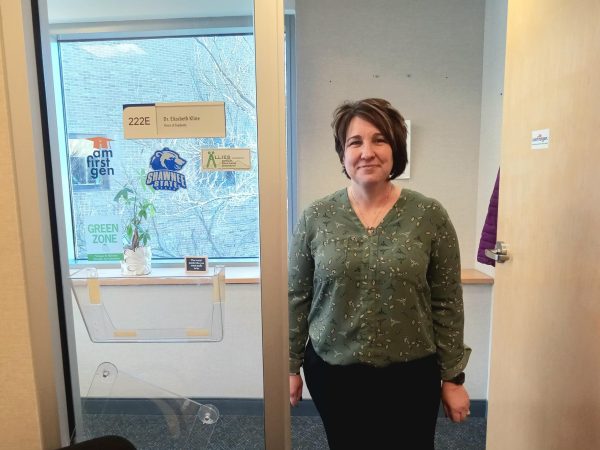Social Anxiety During the Holidays
November 11, 2021
Psychology Today defines Social Anxiety Disorder (also referred to as Social Phobia) as “an anxiety disorder characterized by overwhelming anxiety and excessive self-consciousness in everyday social situations. People with social anxiety disorder have a persistent, intense, and chronic fear of being watched and judged by others and of being embarrassed or humiliated by their own actions.” There are many instances that may trigger someone to have social anxiety including, but not limited to, being teased, being criticized, attending parties or social gatherings, etc. And who teases and criticizes someone more than their own family.
Signs That You May Have Social Anxiety
As stated by Help Guide, the emotional and physical signs and symptoms of this disorder are as follows:
- Excessive self-consciousness and anxiety in everyday social situations
- Intense worry for days, weeks, or even months before an upcoming social situation
- Extreme fear of being watched or judged by others, especially people you don’t know
- Fear that you’ll act in ways that will embarrass or humiliate yourself
- Fear that others will notice that you’re nervous
- Red face, or blushing
- Shortness of breath
- Upset stomach, nausea (i.e. butterflies)
- Trembling or shaking (including shaky voice)
- Racing heart or tightness in chest
- Sweating or hot flashes
- Feeling dizzy or faint
Ways to Cope
Challenging negative thoughts can help to reduce the symptoms of anxiety. Ask yourself if what you’re thinking is reasonable or logical. This helps to replace the negative thoughts with realistic positive ways of looking at social situations.
Focusing on others instead of yourself is another way to combat social anxieties. Listen to what others are saying and stay engaged in conversation. This leaves less room for you to be in your own head and worrying.
Learn to control your breathing. Help Guide states that “many changes happen in your body when you become anxious. One of the first changes is that you begin to breathe quickly. Over breathing (hyperventilation) throws off the balance of oxygen and carbon dioxide in your body—leading to more physical symptoms of anxiety, such as dizziness, a feeling of suffocation, increased heart rate, and muscle tension.”
Resources
Therapy is also a very useful tool offered to you here at Shawnee State University.
Personal counseling appointments can be made by phone at (740) 351-3608 or in person by visiting our office in Hatcher Hall at 1001 4th Street between 8 am and 5 pm, Monday through Friday.
Do you need in-the-moment support right now?
- Call (740) 351-3608 and select option 4 to be connected to a licensed counselor 24/7/365. This is available to all SSU students regardless of their geographic location.
- SSU Crisis Text Line: Text “Shawnee” to 741-741





